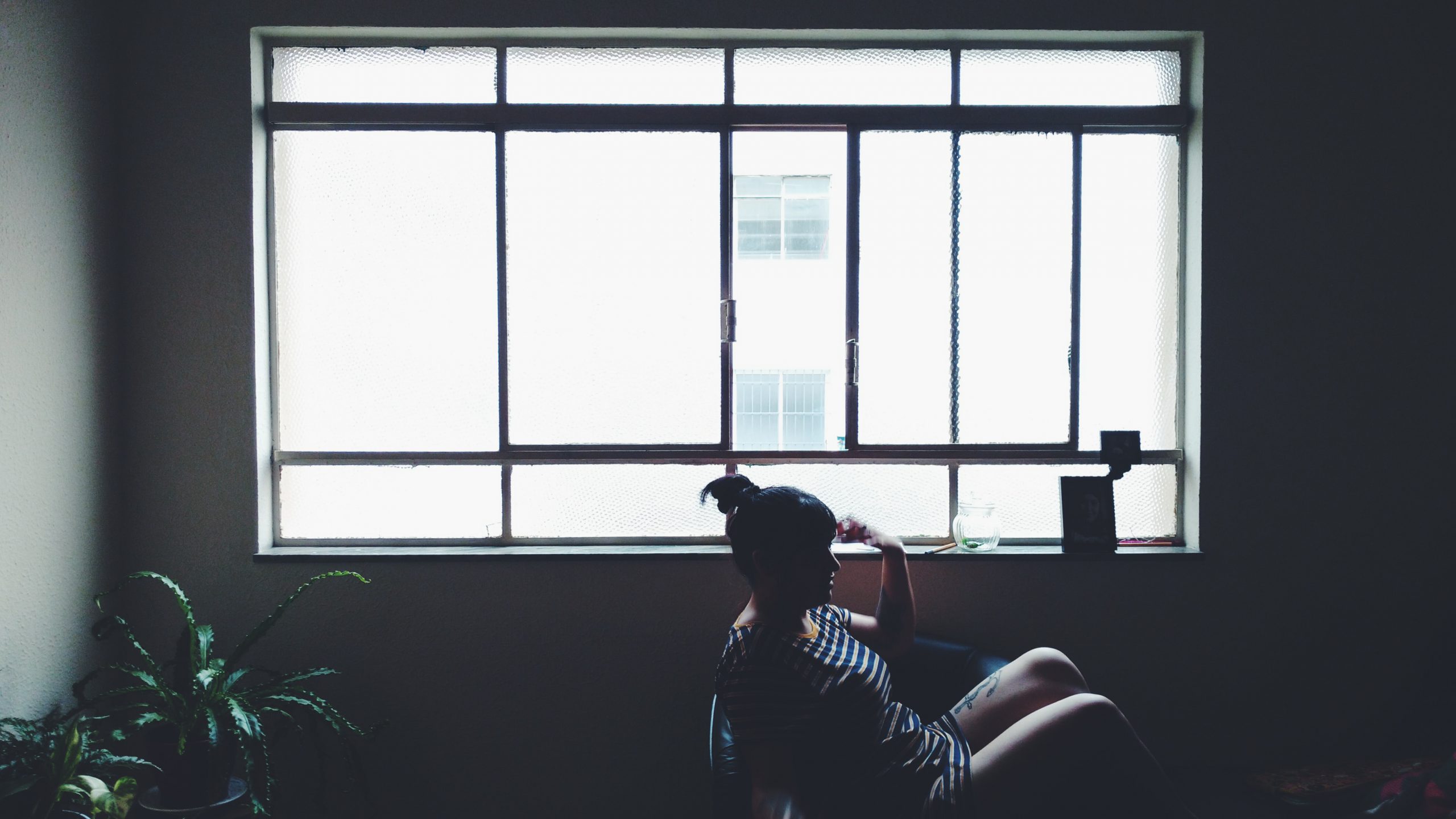Part 1 of the HOPE series – Essential Care
By Heather Andronicos

The term ‘self-care’ can conjure up many different images and ideas. Although the concept has been established in mental health and medical circles for a long time, its rise in mainstream vernacular is relatively new. Articles citing “25 self-care tips for better health” and a plethora of Pinterest self-care charts and challenges have begun to seep into newsfeeds, boasting ever more creative ways to be a bona fide self-carer. Gentle stretching. Gratitude. Herbal tea.
In the somewhat tilted world of coronavirus, a lot of the usual noise of the outside world has been shut out and for some of us, this has turned the volume up on our innermost workings. Some very well-intended focus has been placed on reframing this often-scary time as an opportunity to ramp up the self-care. Learn a new skill! Grow a balcony garden! Skin care!!!
While these activities are one manifestation of self-care and work for a lot of people, an unintended consequence can be the pressure it creates to engage with self-care in one way. For people who are under pressure, fatigued, or already struggling with perfectionistic standards, feeling obligated to complete these activities may create another opportunity to feel like they are falling short. If self-care is only presented as a structured series of tick-boxes, or unequivocally requiring some combination of activewear and essential oils, it can easily become another thing people feel they aren’t ‘doing right’ if this permutation doesn’t help them feel nourished.
There is another option, and a step in the process that can often be skipped in the rush to make self-care tangible and practical. For those who need a gentler and more nuanced approach to self-care, that isn’t necessarily achievement-based, there is a step that welcomes you as you are – all of you. That step is giving ourselves permission.
What I mean by giving ourselves permission, is by asking ourselves as we would a friend ‘what do you need right now?’ Accepting whatever that answer is without judgement may seem counterintuitive if the answer doesn’t necessarily align with our preconceived images of face masks and salad. This is a compassionate approach that dives to the root of self-care as a deeply personal experience that meets you where you’re at, even if that’s not the place you wish it was. When watching a mum on Instagram share her children’s colour-coded study timetables, interspersed with macronutrient-balanced wholefood snacks, you may be watching her version of self-care if she finds calm in organisation. Forcing yourself to do the same, and then feeling ashamed and not-enough because it exhausts you, would not be your version of self-care.
Especially in the current environment, giving ourselves permission may take the form of allowing ourselves not to act in what we perceive as the ‘right way’. Maybe self-care for you would be giving yourself permission to enjoy curling up in front of a screen with the kids for a while. Maybe it would be to not expect yourself to be productive today. Maybe it would be to let yourself feel a bit unsure or scared of what’s happening, without immediately replacing it with an optimistic rebuttal. And yes, maybe it would be skipping a day or two of your meditation app without feeling like an unenlightened slob.
The essence of self-care is that it is the act of caring for yourself as you are today, not as you were yesterday or who you think you should be. Through the act of giving yourself permission to do whatever feels right, you may find yourself not only feeling better, but knowing yourself a little more.
This article forms part of the Lilley Place HOPE series. The HOPE framework is designed to proactively help people move through the unprecedented Coronavirus experience. To speak to us about how we can help you to regain and maintain HOPE in your life, contact (07) 3378 9130.

